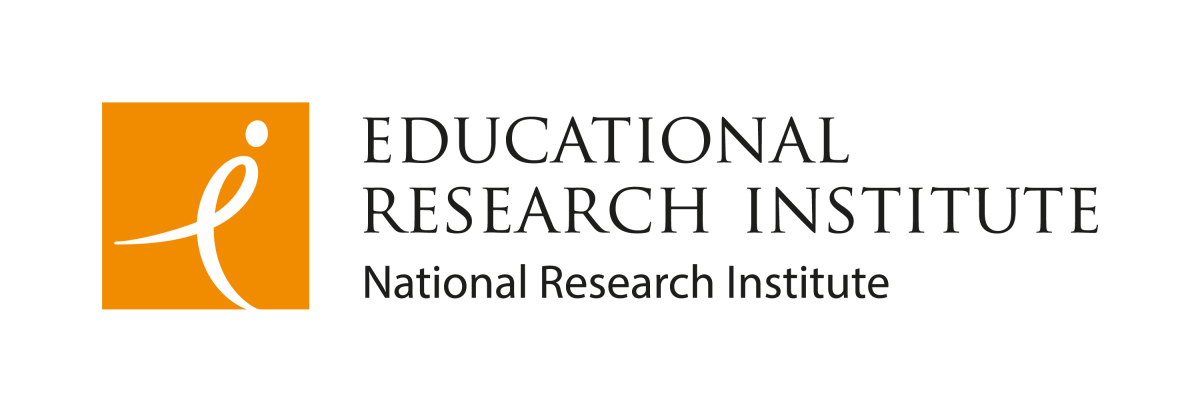International evidence has demonstrated the importance of language comprehension and word reading as the foundations of reading comprehension. Developing these early language skills is a key priority for English schools – particularly as there is evidence to suggest that children from low-income families are more likely to be behind in developing these skills in comparison to children from more affluent families.
The Nuffield Early Language Intervention (NELI) is an intensive targeted support programme that aims to improve the language and ability of young children with relatively poor spoken language skills. It is delivered to children aged four-five years old, with a focus on supporting vocabulary development, listening and narrative skills as well as early literacy. The intervention is delivered by teaching assistants to small groups of four-six children who receive three small group sessions and two one-to-one sessions over an intensive 20-week period.
- The Nuffield Early Language Intervention: Scale-up Evaluation (England) – the Education Endowment Foundation
NELI has progressed through the EEF’s evidence pipeline, from efficacy trial to effectiveness trial and then to scale up, with all studies consistently showing that the children who received the programme made additional progress in their oral language skills in comparison to those who did not. The scale up was supported by a £17m investment from the Department for Education with the programme made available to around 11,000 schools in response to the impact of the COVID pandemic on learning.
The scale-up evaluation impact findings showed that children who received NELI made the equivalent of four additional months’ progress in language skills, on average, compared to children who did not receive NELI. A complementary process evaluation of the scale up explored the scaling process in a COVID affected context and demonstrated consistent findings to the impact evaluation.
This study was commissioned and managed by the Education Endowment Foundation in its role at the designated ‘What Works Centre’ for education in England.
Learn more
About the project
About the Education Endowment Foundation
Download
Related projects
Supporting reading fluency for young children in Jordan
Developing online training to support literacy teaching in Colombia
Making the global evidence base accessible for English school leaders and teachers










